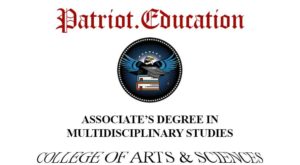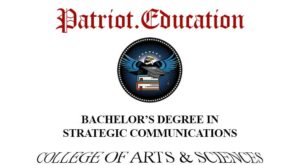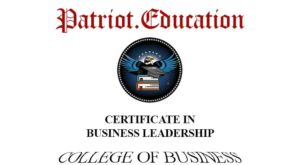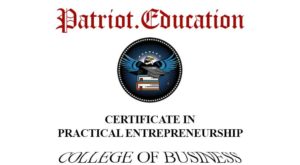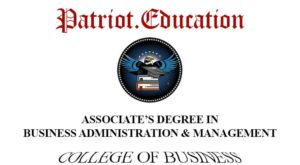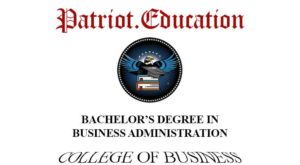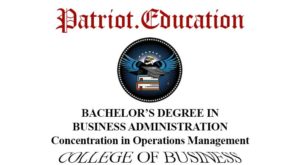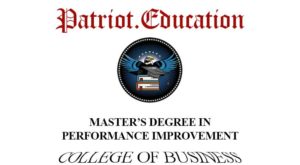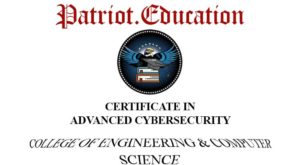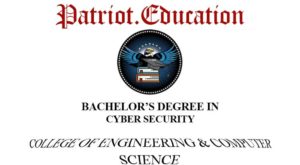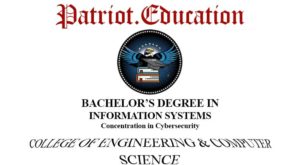Online Degrees and Courses for Active-Duty Military & Veterans

Would my intended professional field accept and respect a degree from the university or college I’m considering?
What’s the point of a degree if it doesn’t lead to employment? Employers have a good idea about which colleges and universities have good standing in their professional field and which don’t. Choosing the right school for your particular discipline is crucial. Accreditation matters if you plan to start school at one institution and transfer to another to complete your degree. Be
sure to ask any potential school about their credit transfer policy.
ED (Database of Accredited Postsecondary Institutions and Programs) maintains a database of accredited post secondary institutions and programs. Accreditation is a recognized credential for schools and some programs. If a college or university is not accredited, your degree may be of low quality. As stated by ED, the goal of accreditation is to ensure the education provided by institutions of higher education meets acceptable levels of quality.
Be mindful of accredited schools that offer non-accredited programs and degrees as well. There are three types of accreditation that every student should be familiar with: regional, national, and programmatic.
Regional is the most common accreditation. It requires schools to be reviewed by agencies in the school’s home state. According to ED more than 85% of all colleges in the US are regionally accredited. Research universities, community colleges, liberal arts institutions, and public universities are the types of schools that are regionally accredited. Credits from one regionally accredited institution will usually transfer to other regionally accredited institutions provided the courses fit into your program. Some professions may require that you graduate from a regionally accredited school.
National accreditation is not limited to one geographic area. It reviews career, vocational, and trade schools all across the US and online. Nationally accredited schools offer credits that regional accredited schools do not, therefore making their credits difficult to transfer. While ED does not say whether regional or national accreditation is better, an ED study revealed that, “Nearly 90 percent of all student credit transfer opportunities occurred between institutions that were regionally, rather than nationally, accredited.”
Professional associations also have separate accrediting bodies for programs of education at schools. It’s even possible for an accredited school to offer a non-accredited degree so pay careful attention to whether or not your degree program is accredited.


